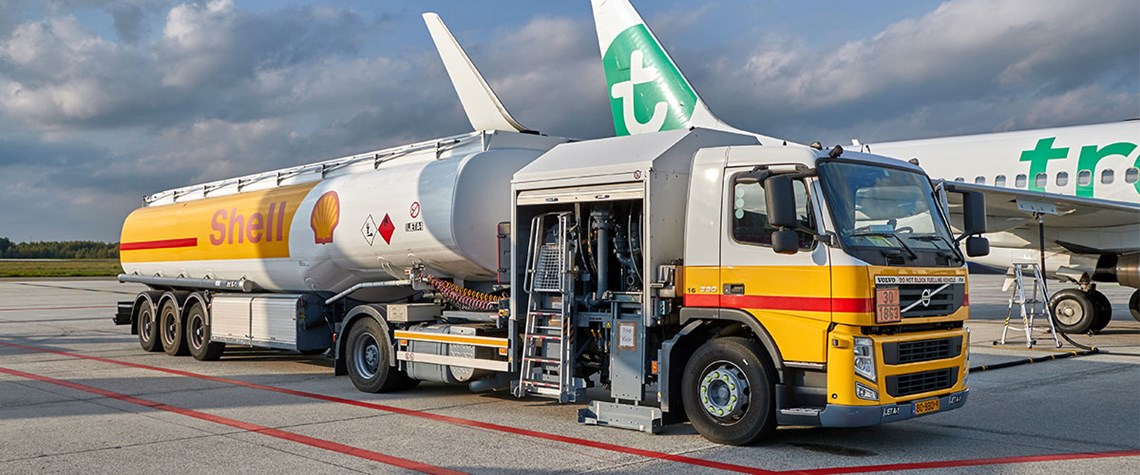SAF ‘most viable solution’ for aviation in short term – Shell
The oil major aims to scale up SAF production to help the aviation industry decarbonise
Aviation is cited as one of the hard-to-abate sectors, where options for reducing emissions remain limited. Transition Economist spoke to Jan Toschka, president of Shell Aviation, to discuss the major’s strategy amid increasing industry and government momentum to decarbonise the sector. What are some of the key challenges to developing ‘zero carbon’ aviation technology? Are certain technologies more suited for domestic versus long-haul flights? Toschka: To meet net-zero emissions in aviation, we need to explore every avenue available to us. At Shell, this involves supporting innovative R&D that helps develop new aviation solutions. In the future, new technologies such as electric-powered

Also in this section
21 July 2024
Awards experience 20% increase in nominations this year, with submissions from 27 countries
18 July 2024
Platform developed at Scottish university uses advanced simulations and machine learning to find most cost-effective and sustainable combinations of materials for use in carbon capture
18 July 2024
Stockholm Exergi agrees to one of world’s largest deployments of CO₂ liquefication technology to enable transport of emissions captured from biomass power plant
11 July 2024
Watkins will leverage her financial acumen and strategic insight to lead Gulf’s commercial initiatives across media, events, and market intelligence







